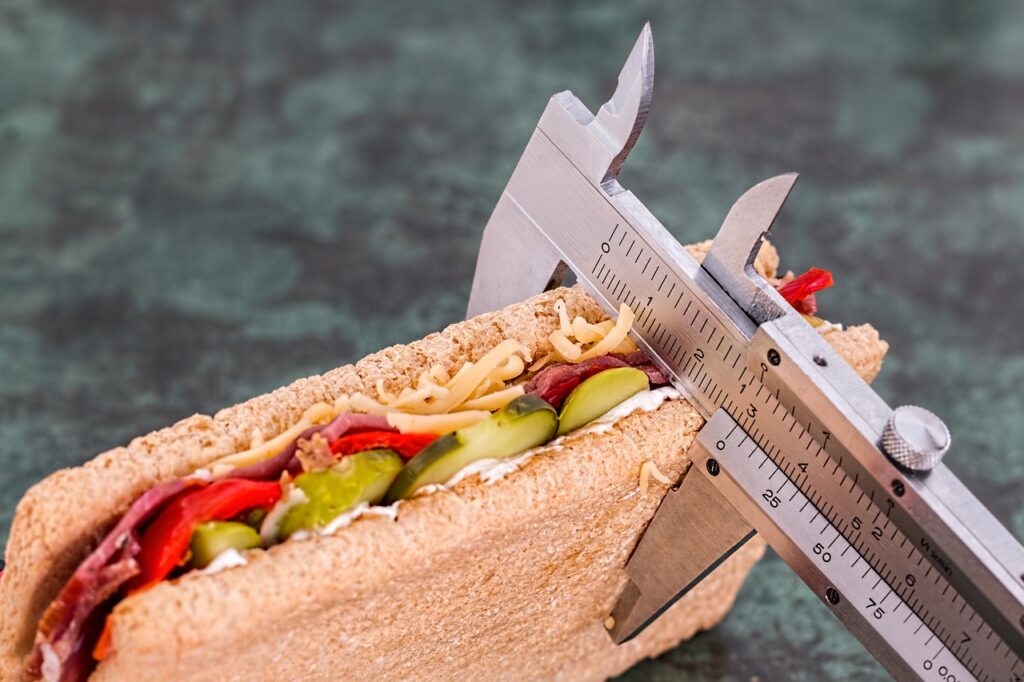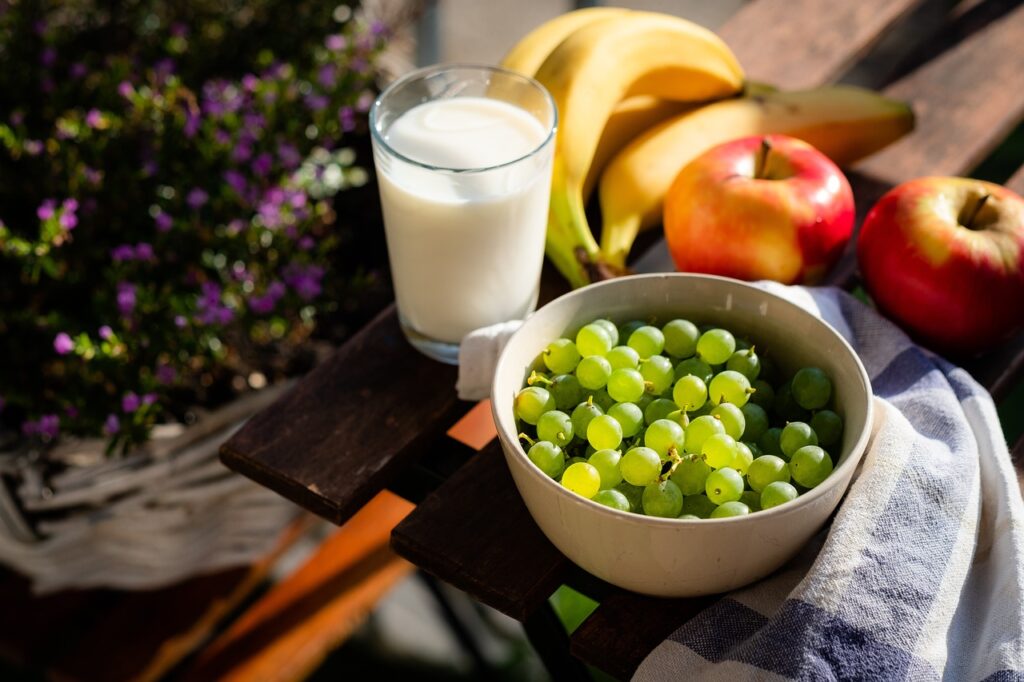Starting a weight loss journey can be an exciting and intimidating experience. With countless diets and weight loss strategies out there, it’s easy to feel overwhelmed. However, the key to successful weight loss lies in making sustainable dietary changes that work for you. In this comprehensive guide, we’ll explore the most effective dietary changes for losing weight and provide answers to some common questions to help you on your weight loss journey.
Losing weight can sometimes feel like battling a well-fortified fortress; however, with the right strategies, the seemingly insurmountable challenge becomes manageable. One such strategy lies in making smart dietary changes. In this comprehensive guide, we will explore 15 highly effective dietary changes for losing weight that can help you achieve your goals.
Setting the Stage for Weight Loss Success
At its heart, weight loss revolves around creating a caloric deficit — burning more calories than you consume. But, it’s not just about numbers; it’s about making sustainable dietary changes for losing weight that can be maintained over the long term. This post will delve into each of these transformative changes, offering detailed insights to help you on your weight loss journey.
1. Prioritize Protein
What are the Benefits?
Protein is the cornerstone of a diet aiming for weight loss for several reasons. Firstly, it can increase feelings of fullness, reducing overall calorie intake. Secondly, protein has a higher thermic effect than other foods, meaning your body expends more energy digesting it.
How to Implement
- Incorporate a protein source in every meal.
- Opt for lean proteins like chicken, turkey, fish, or plant-based alternatives like lentils and chickpeas.
2. Cut Down on Sugary Beverages
The Hidden Calories
Drinks like sodas, fruit juices, and specialty coffees are loaded with sugar and can significantly increase your daily caloric intake without offering satiety.
Simple Swaps
- Replace sugary drinks with water or unsweetened herbal tea.
- If you crave flavor, add a slice of lemon or infuse your water with fruits and herbs.
3. Increase Fiber Intake
Why is Fiber Crucial?
Fiber helps slow down digestion, leading to a more prolonged feeling of fullness. It can also help manage blood sugar levels, preventing insulin spikes that can lead to weight gain.
Sources of Fiber
- Include a variety of vegetables in your meals.
- Switch to whole grains like quinoa, oats, and whole-wheat products.
4. Control Portion Sizes
Understanding Portions
Many people consume more calories than they need because they misunderstand portion sizes. Getting a handle on this can lead to significant calorie reduction without much effort.
Tips for Portion Control
- Use smaller plates to make your portions look larger.
- Never eat straight from the bag; always portion out snacks into a bowl.

5. Plan Your Meals
The Power of Planning
Meal planning helps prevent last-minute unhealthy eating decisions and reduces impulse buys that are often calorie-dense.
How to Start
- Plan your weekly meals every Sunday.
- Prepare portions in advance if possible, utilizing healthy recipes that emphasize vegetables and lean proteins.
6. Healthy Snacking
Choose Wisely
Snacking isn’t off-limits when trying to lose weight — it’s about choosing the right snacks.
Snack Ideas
- Fresh fruits or vegetable sticks.
- A handful of nuts or yogurt.
7. Stay Hydrated
Water’s Role in Weight Loss
Water can help fill you up and may increase the rate at which you burn calories.
Hydration Tips
- Aim for 8-10 glasses a day.
- Carry a water bottle everywhere you go.
8. Limit Refined Carbs
The Issue with Refined Carbs
Refined carbohydrates are associated with obesity and metabolic diseases. They are quickly digested, leading to spikes in blood sugar and hunger.
Healthier Alternatives
- Choose fiber-rich whole grains instead of processed grains.
- Experiment with non-traditional bases like cauliflower rice.
9. Mindful Eating
Focus on Your Food
Eating mindfully involves paying attention to the taste, texture, and aroma of your food, which can help you enjoy it more and feel satiated sooner.
Mindfulness Practices
- Eat without distractions like TV or smartphones.
- Chew thoroughly and eat slowly.
10. Manage Emotional Eating
Recognize Emotional Triggers
Stress and emotions can lead to overeating. Being aware of these triggers is the first step in managing them.
Strategies to Cope
- Find non-food methods to deal with stress, like meditation or a hobby.
- Keep a food diary to track what you eat and how you feel.
11. Include Healthy Fats
The Benefits of Fats
Healthy fats are crucial for long-term health, help maintain fullness, and can enhance the flavor of meals.
Where to Find Them
- Avocados, nuts, seeds, and olive oil are excellent sources.
- Incorporate these fats in moderation to avoid excessive calorie intake.
12. Avoid Late Night Eating
Late Night Snacks and Weight Gain
Eating late at night might lead to weight gain as it can interfere with the body’s ability to metabolize food efficiently.
Nighttime Strategies
- Set a time when the kitchen is “closed.”
- Opt for herbal tea if you feel hungry after this time.

13. Try Intermittent Fasting
The Principle Behind It
Intermittent fasting involves cycling between periods of eating and fasting. It can reduce calorie intake and regulate hormones related to weight management.
Popular Methods
- The 16/8 method: Fast for 16 hours and eat during an 8-hour window.
- The 5:2 diet: Eat normally for 5 days and reduce to a low calorie intake for 2 days.
14. Experiment with Meal Frequency
Finding What Works
There’s no one-size-fits-all answer to how often you should eat. Some find success with three meals a day, while others prefer smaller, more frequent meals.
Listen to Your Body
- Pay attention to how different meal frequencies feel to your body.
- Consider your lifestyle and daily schedule to find what’s sustainable.
15. Use Smarter Cooking Methods
Cooking Techniques Matter
How you prepare your food can affect its nutritional value. Opting for healthier cooking methods can reduce calorie intake without sacrificing taste.
Recommended Methods
- Grilling, steaming, or baking instead of frying.
- Use spices and herbs to add flavor without extra calories.
Conclusion: dietary changes for losing weight
Implementing these 15 dietary changes for losing weight can significantly impact your efforts. Remember, the journey to a healthier weight is not just about losing pounds; it’s about learning sustainable habits that optimize overall wellness. Start small, choose changes that feel manageable, and gradually build a healthier lifestyle that resonates with your unique needs. Stay committed, stay motivated, and embrace the variety and richness that comes with nourishing your body wisely.
Q: Can I still enjoy my favorite foods while trying to lose weight?
A: Yes, you can enjoy your favorite foods in moderation while aiming to lose weight. The key is to practice portion control and balance them with nutritious options. Incorporating treats occasionally can help prevent feelings of deprivation and promote long-term dietary adherence.
Q: Are there specific foods I should completely avoid when trying to lose weight?
A: While no foods need to be completely off-limits, it’s beneficial to limit or avoid highly processed foods, sugary beverages, and foods high in unhealthy fats and added sugars. Instead, focus on whole, nutrient-dense foods like fruits, vegetables, lean proteins, and whole grains.
Q: How important is meal timing for weight loss?
A: While meal timing can influence hunger and energy levels, the most crucial factor for weight loss is overall calorie intake. Some people find success with strategies like intermittent fasting or eating smaller, more frequent meals, but ultimately, finding a meal timing pattern that suits your lifestyle and helps you maintain a calorie deficit is key.
Q: Is it necessary to count calories to lose weight effectively?
A: While calorie counting can be a useful tool for some individuals, it’s not necessary for everyone. Simply focusing on eating whole, minimally processed foods, controlling portion sizes, and listening to your body’s hunger and fullness cues can often lead to weight loss without the need for meticulous calorie counting.
Q: How can I stay motivated to stick to my new dietary habits for weight loss?
A: Staying motivated during weight loss efforts can be challenging but focusing on your reasons for wanting to lose weight, setting realistic goals, tracking your progress, seeking support from friends or a support group, and celebrating small victories along the way can help maintain motivation and keep you on track.


